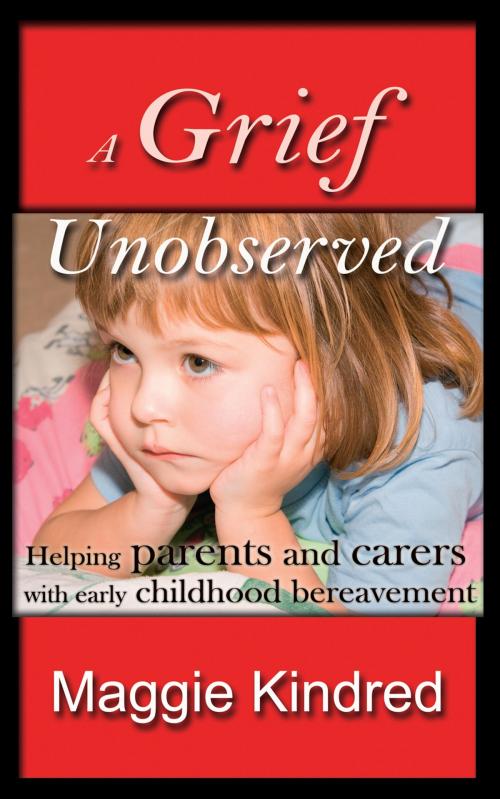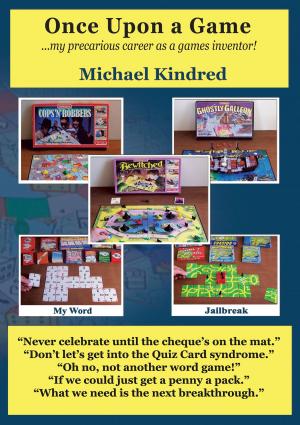A Grief Unobserved
Helping parents and carers with early childhood bereavement
Nonfiction, Social & Cultural Studies, Social Science, Cultural Studies, Death & Dying, Family & Relationships, Family Relationships, Death/Grief/Bereavement| Author: | Maggie Kindred | ISBN: | 9781782282181 |
| Publisher: | Pneuma Springs Publishing | Publication: | February 23, 2012 |
| Imprint: | Pneuma Springs | Language: | English |
| Author: | Maggie Kindred |
| ISBN: | 9781782282181 |
| Publisher: | Pneuma Springs Publishing |
| Publication: | February 23, 2012 |
| Imprint: | Pneuma Springs |
| Language: | English |
There is a wonderful book by C S Lewis in which he describes the process of coming to terms with his bereavement - the 'grief observed' which most adults will experience at some time in their lives… this book is about the grief not observed, that of very young children.
It is for parents, carers, and professionals who work with them: there are many books about child development, bereavement, and therapy, but not many about loss of a parent where a young child is involved. Very often the remaining parent, close relatives and well-meaning friends, are understandably so involved with their own grief that they try to sweep the child's problem under the carpet. They can regard apparent lack of reaction in the child with relief, rather than as a danger signal.
Being based on the personal experience of someone well-known to the author, it brings to life both the young child's disrupted and an adult experience of therapy. It shows how, with competent professional help if necessary, parents and carers can learn how to cope not only with their own grief, but also discover effective ways of helping.
The book is essentially practical - it is meant to make 'therapy' an everyday concept, so avoids jargon and theoretical language where possible.
There is a wonderful book by C S Lewis in which he describes the process of coming to terms with his bereavement - the 'grief observed' which most adults will experience at some time in their lives… this book is about the grief not observed, that of very young children.
It is for parents, carers, and professionals who work with them: there are many books about child development, bereavement, and therapy, but not many about loss of a parent where a young child is involved. Very often the remaining parent, close relatives and well-meaning friends, are understandably so involved with their own grief that they try to sweep the child's problem under the carpet. They can regard apparent lack of reaction in the child with relief, rather than as a danger signal.
Being based on the personal experience of someone well-known to the author, it brings to life both the young child's disrupted and an adult experience of therapy. It shows how, with competent professional help if necessary, parents and carers can learn how to cope not only with their own grief, but also discover effective ways of helping.
The book is essentially practical - it is meant to make 'therapy' an everyday concept, so avoids jargon and theoretical language where possible.















